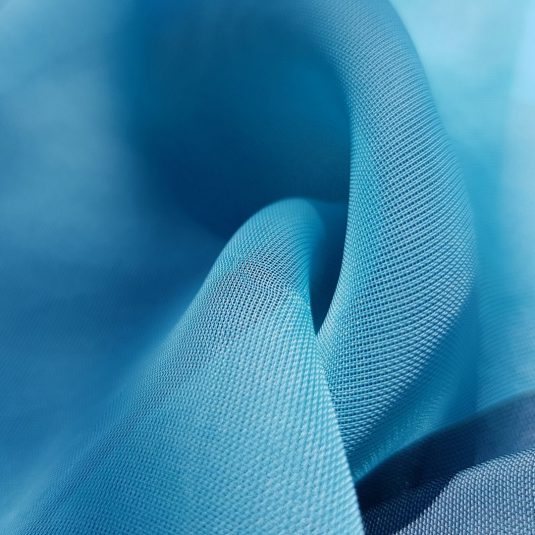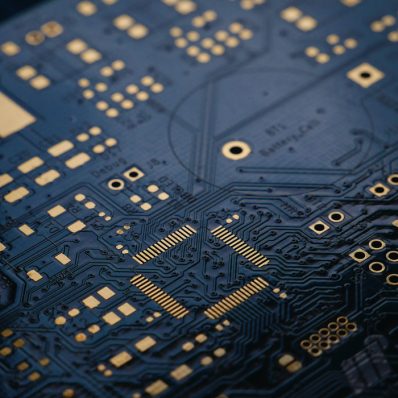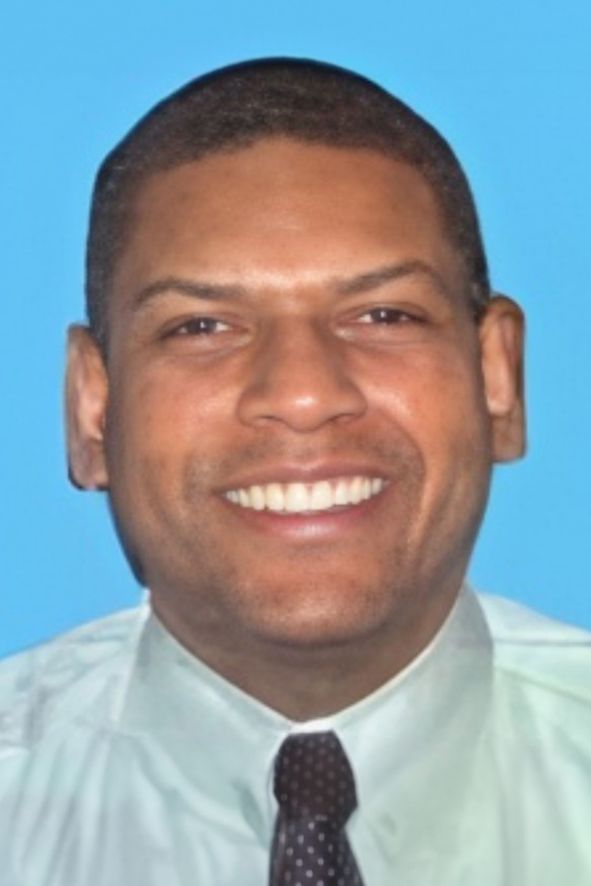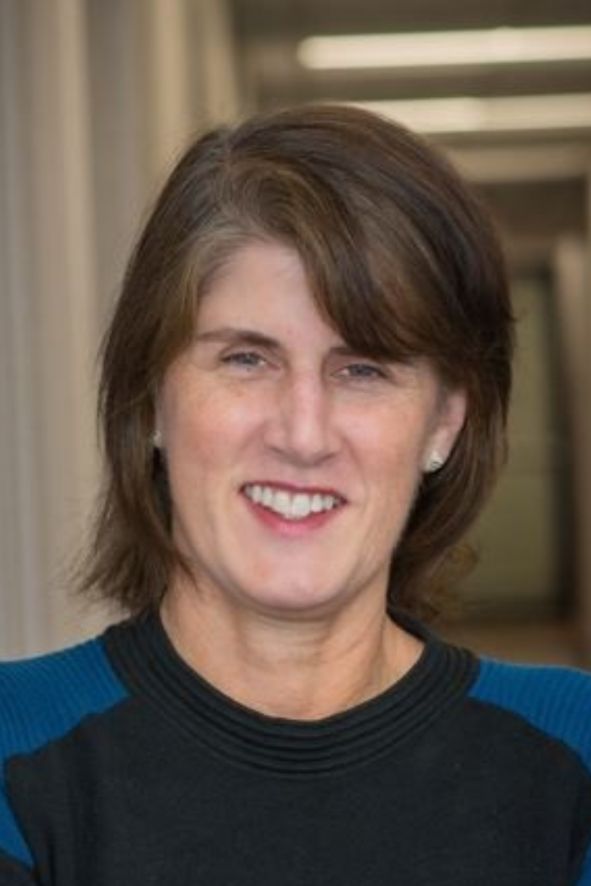

What is RLG Ontario Electronics PRO?
We help producers, importers, and retailers fulfill their producer responsibility obligations with PROs designed to meet relevant province-specific requirements. Our expertise in this field extends to Europe, the Americas, and Asia. PRO services include support for registration and supply reporting, collecting and recycling relevant materials, organizing the data processes required for full transparency and compliance, and constantly monitoring the PRO’s legal status.
RLG establishes efficient take-back PROs by coordinating with accredited and fully audited recyclers, providing safe containers, drawing up necessary documentation, and reporting via our IT management system. We organize both the physical process of fulfilling compliance requirements and the data-driven insights that must be submitted to appropriate authorities in a timely manner.
Our take-back solutions include the relevant stakeholders (the producers, local authorities, end-users, and collection points) as we process materials. We work with our clients to organize safe transport and disposal processes that meet their legal requirements.
What is our approach?
We can assist obligated producers navigate the regulatory requirements of the law through:
Assistance
Assistance with annual registration and reporting to the Resource Productivity and Recovery Authority (RPRA).
Establishment and ongoing management
Establishment and ongoing management of a customized collection and recycling network to satisfy all convenience and weight-based goals.
Tracking and auditing of WEEE collection
Tracking and auditing of WEEE collection, processing, recovery and chain of custody activities used to meet customer targets.
Monitoring
Ongoing monitoring of relevant regulatory or program changes in Ontario.
The Pro
RLG offers a full-service registered PRO for Ontario electronics producers required to meet the regulatory and recycling obligations presented under the Resource Recovery and Circular Economy Act.
Unlike the former WEEE EPR (extended producer responsibility) program managed by Ontario Electronic Stewardship, the new Electrical and Electronic Equipment (EEE) regulation requires an IPR (individual producer responsibility) focused program model. IPR dictates full producer responsibility and financial accountability for environmentally responsible collection and recycling of WEEE supplied into Ontario.
RLG has more than a decade of experience and expertise managing regulatory and volunteer producer take back programs for major electronics manufacturers across Canada, the United States, and Latin America. Our goal is to ensure continued compliance and cost-competitive solutions for all affected WEEE producers, no matter how large or small.
PRO Compliance Plan
Producers, either individually, or as part of a producer responsibility organization (PRO), must establish and manage a plan to collect, transport and process covered information technology, telecommunications and audio visual (“ITT/AV”) equipment generated by Ontario consumers. A list of covered ITT/AV equipment is below. Reverse Logistics Group Americas (RLG) is a registered PRO in compliance with the Act.
Learn more about RLG and how Ontario’s new WEEE regulation may affect your company
Additional Information
- Computers
- Printers (desktop & floor-standing), including printer cartridges
- Video game devices
- Telephones, including cellular phones
- Display devices
- Radios & stereos
- Headphones & speakers
- Cameras, including security cameras
- Video recorders
- Drones with audio-visual recording equipment
- Musical instruments & audio recording equipment
- Peripherals & cables used to support the function of ITT/AV, including charging equipment
- Handheld point-of-sale terminals or devices
- Parts of ITT/AV equipment sold separately, such as hard drives
Collection site hours, and Electrical and Electronic Equipment accepted may vary by site. Please contact each for more information. Click here to view the list of RLG collection sites under O. Reg. 522/20.
- Scheduled pickup services for the disposal of IT and electronic devices to industrial, commercial, and institutional clients for varying volumes of equipment
- Community collection events
- Ongoing pickup services from businesses, hospitals, and public organizations
- Drop off and pick up of a temporary collection bin to provide an easy drop off point for buildings that need to get rid of large quantities of unwanted electronics in a short period of time
- Direct shipment of material and devices to our processors via courier
- Drop-offs at processor facility (by appointment only)
- School and community group fundraising
- Onsite white glove service for decommissioning, audit, packing, consolidation, and transportation services for IT and electronic devices*
- Data erasure, serial number capture and shredding of materials at a customer’s location*
Incoming equipment is evaluated to maximize value and resource recovery by first determining if material can be refurbished and resold (data-bearing devices are securely wiped, erased, and tested).
End of life processing includes sorting, separation, and disassembly of material via manual and mechanical processes to generate commodities that are sent to local and international downstream vendors for recycling and reuse.
For example, circuit boards are sent to precious metal refineries and foundries to be melted down for reuse into other products. CRT glass from televisions is sent to specialized processors or metals smelters that recycle the material for reuse. Typical resource recovery activities the most common types of material generated from ITT/AV equipment include:
- Plastics: End market include domestic and international approved outlets which refine the plastic by granulating/pelletizing so it can be reused
- CRT Glass: lead smelters. Additionally, the panel glass does not contain lead and can be sent to various processors that use this type of glass for applications such as abrasives and other industrial uses.
- Ink/toner cartridges: specialty recycler
- Batteries: specialty processors
- Mercury bearing: mercury retort
- Circuit boards and precious metals: sent to refineries and foundries

